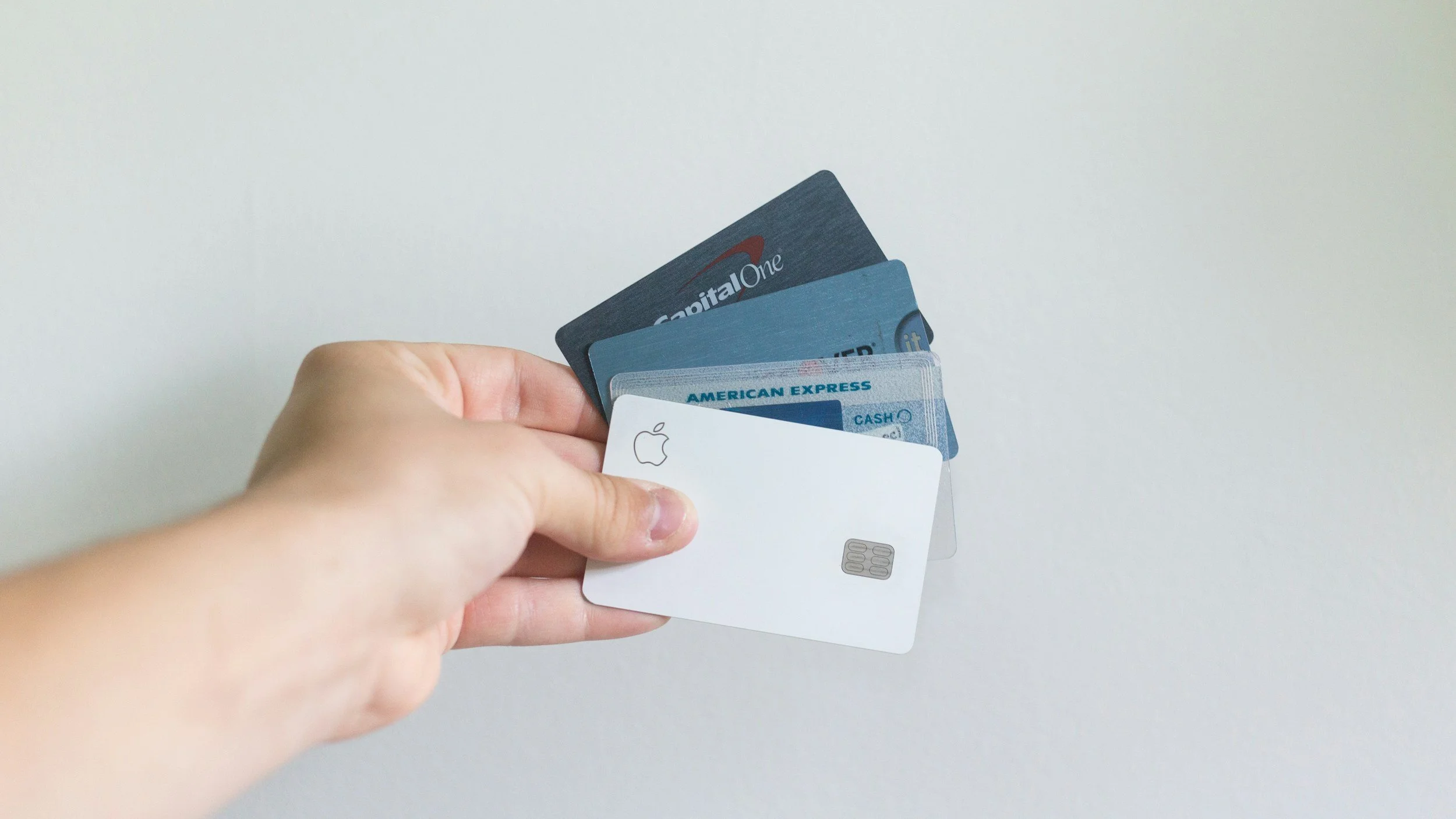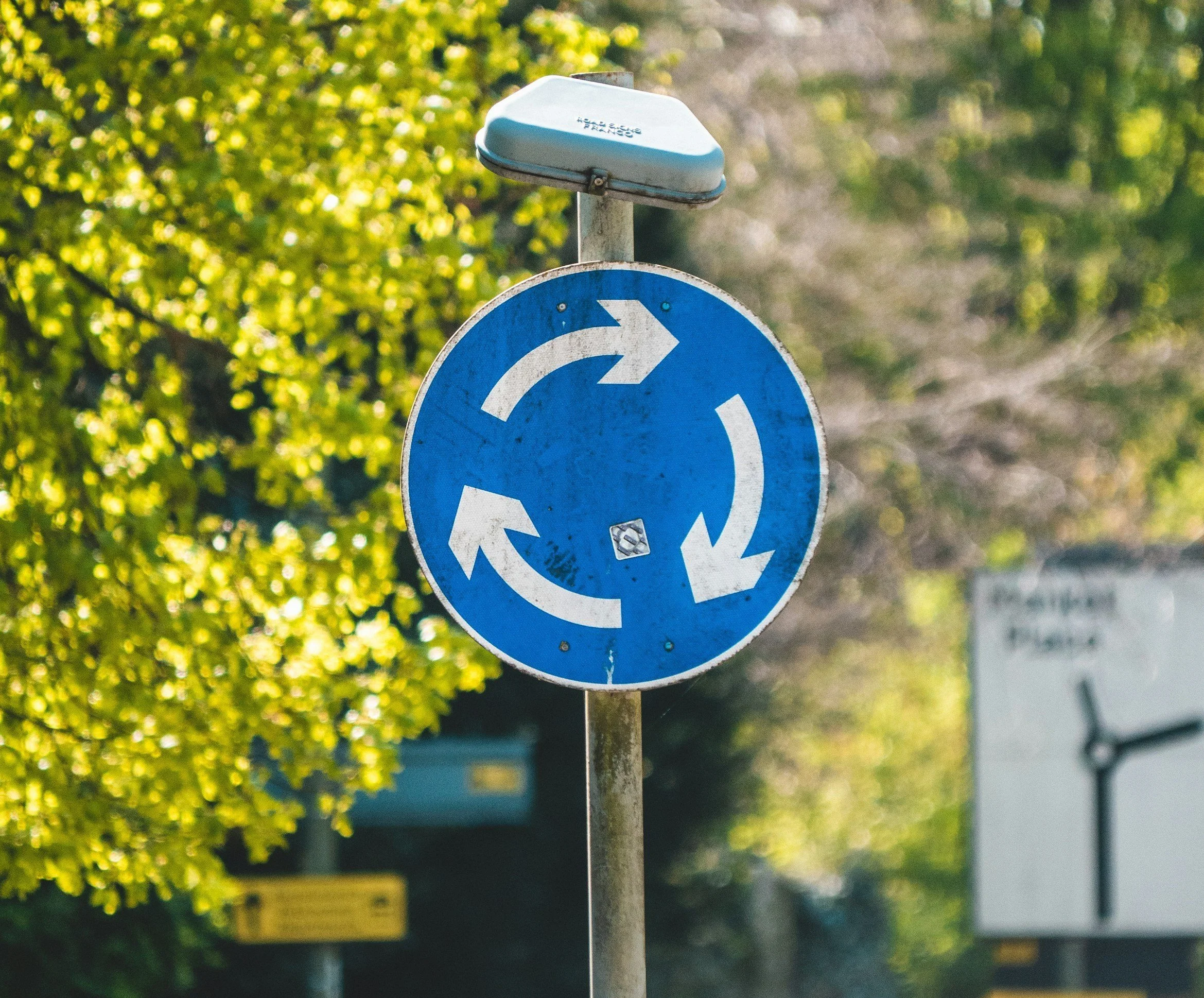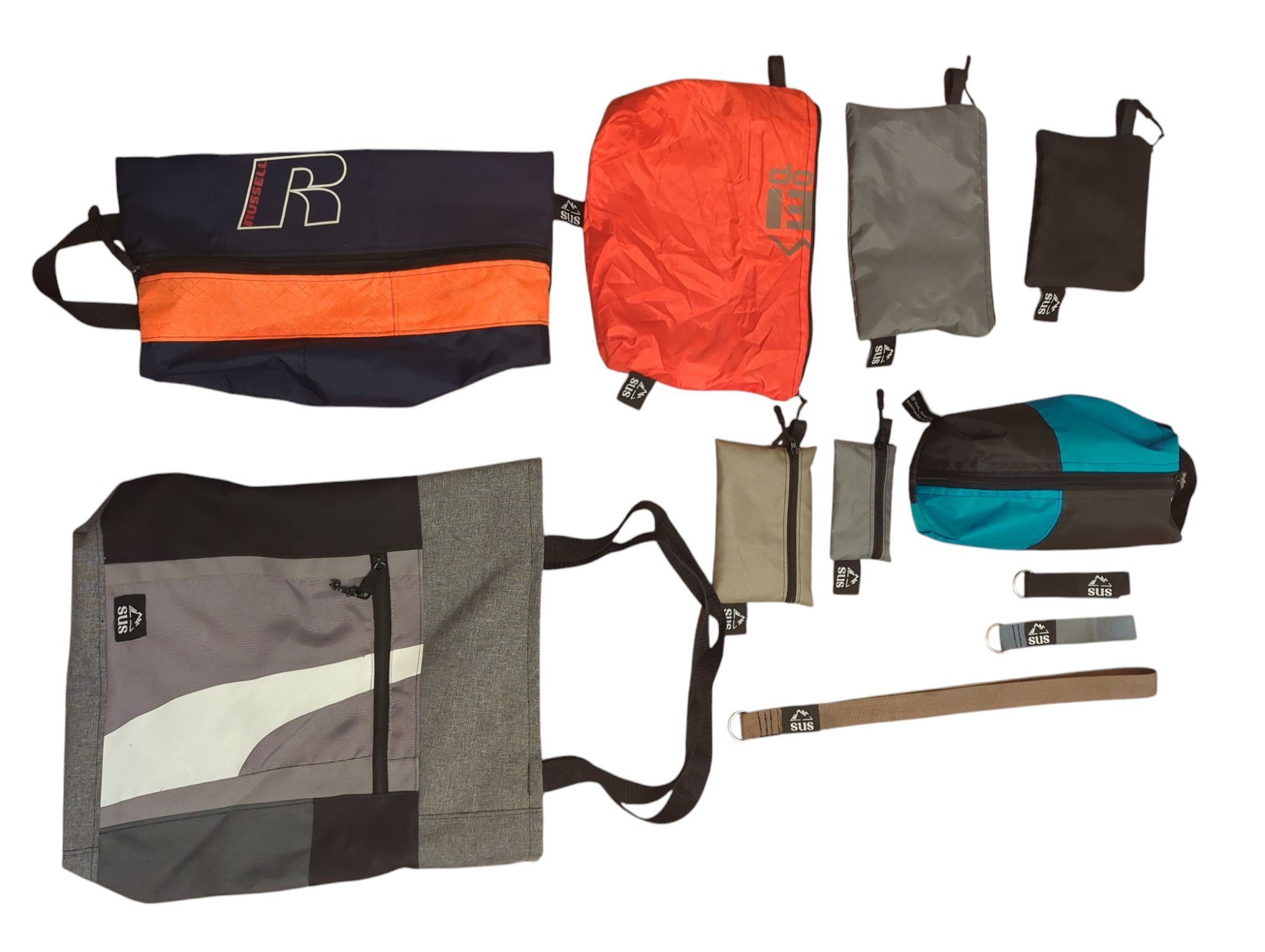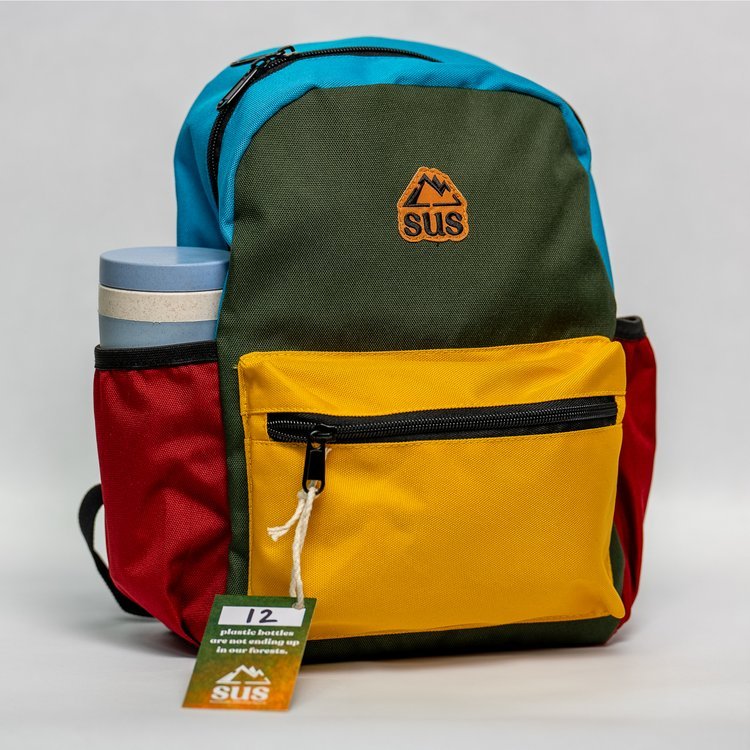Back-to-school shopping is an annual ritual for many households. But while you’re choosing a new backpack, water bottle, or lunchbox, there’s a hidden cost you might not think about: plastic—and lots of it.
Here are some surprising facts that show just how deep the problem runs:
You Might Be Eating a Credit Card’s Worth of Plastic Every Week
A groundbreaking study commissioned by the World Wildlife Fund found that the average person could be ingesting up to 5 grams of plastic each week—roughly the weight of a credit card. That’s over 250 grams per year, entering your body through food, water, and even the air you breathe.
Where does it come from? Microplastics are shed from plastic packaging, synthetic textiles, and ding ding ding plastic water bottles.
A 2022 study from the Medical University of Vienna confirmed the presence of microplastics in human blood, lungs, and even placental tissue.
Bottled water alone can contain up to 10–100x more microplastic particles than tap water, depending on the brand. Plastic isn’t just polluting the planet—it’s getting inside of us.
Only 5% of Plastic Gets Recycled in the U.S.
Despite decades of blue bin programs and recycling campaigns, the numbers are still bleak.
According to the Environmental Protection Agency (EPA) and a 2022 report by Greenpeace USA, only about 5% of plastic waste was recycled in the U.S. in 2021. The rest was landfilled, incinerated, or exported to countries with less robust waste systems.
Why so low? Many plastics are technically recyclable but not economically viable to process. Items like multi-layer packaging, colored plastics, and thin films often can’t be sorted properly.Worse, wishcycling (putting non-recyclables in the bin hoping they’ll be recycled) can contaminate entire batches. Even if you recycle perfectly, most plastic products still won’t make it into something new.
The U.S. Produces Over 35 Million Tons of Plastic Every Year
That’s the weight of nearly 200,000 blue whales—every single year. According to the EPA, over 35.7 million tons of plastic were generated in the U.S. in 2018 (the most recent full data set). Of that, a staggering 91% was not recycled.
Plastic packaging and single-use products—often used for just minutes—make up the majority. And it doesn’t just disappear.
Plastic takes 400+ years to decompose in a landfill and when it does finally break down, it breaks down into microplastics, which never fully degrade.
So What Can You Do?
You can’t solve the global plastic crisis on your own—but you can vote with your dollar and support businesses that prioritize real solutions. That’s where SUS comes in.
SUS is redefining back to school shopping by creating high-quality bags made from recycled plastics—giving a second life to materials that would otherwise pollute our planet. From the Bottle Collection-transforming old bottles into stylish bags and backpacks-to biodegradable mugs and travel pouches, to the Reality Collection-upcycling damaged bags and backpacks into pouches, keychains and more-, SUS’s products prove that sustainability and function can go hand-in-hand.
Shop the 2025 Back to School Sale Now Through August 31
To help students (adults, we're talking to you too!) gear up for the year while supporting a circular economy.
SUS is offering three bundle options:
1. Backpack of Your Choice + 1 Free Biodegradable Mug or Cup
2. Backpack of Your Choice + Medium Travel Pouch→ 10% Off + 1 Free Biodegradable Mug or Cup
3. Backpack of Your Choice + Large Travel Pouch → 10% Off + 1 Free Biodegradable Mug or Cup
Every bundle is a step away from virgin plastic and toward a more sustainable future.
Plastic waste is a global issue, but your everyday decisions matter. With each SUS purchase, you’re helping:
- Divert plastic from landfills
- Keep microplastics out of our environment
- Support ethical production and sustainable design
- Make recycling mean something again
Let’s turn the tide on plastic pollution—starting with what’s on our backs.











































